No, Reishi mushrooms are not psychedelic. They are a medicinal fungus widely known for their health benefits, not mind-altering properties.
Reishi mushrooms, or Ganoderma lucidum, have been used for centuries in traditional medicine for their immune-boosting and anti-inflammatory effects. They contain compounds like polysaccharides and triterpenoids, not psychedelic substances like psilocybin found in "magic mushrooms."
Misconceptions may arise due to the association of some mushroom species with psychedelic effects, but it's essential to understand that not all mushrooms possess these properties. Moreover, understanding the wide world of fungi can be a bit complex. After all, with over five million species of fungi, it's easy to make generalizations that aren't always accurate.
Yes, certain types of mushrooms, often called 'magic mushrooms,' are psychedelic due to a compound called psilocybin. However, Reishi mushrooms are not among these. Instead, they serve a wholly different purpose, focused on wellness and health rather than inducing hallucinogenic experiences.
This article aims to dispel any myths and provide a comprehensive understanding of the nature of Reishi mushrooms, contrasting them with their psychedelic counterparts.
Demystifying Psychedelic Mushrooms

Understanding Psychedelic Mushrooms
Psychedelic mushrooms, also known as 'psilocybin mushrooms,' are a particular group of fungi known for their unique psychoactive properties. They contain a naturally occurring psychedelic compound known as psilocybin. This compound induces the hallucinogenic and mind-altering experiences that users report after consumption.
These mushrooms differ significantly from medicinal or culinary varieties, as their primary purpose is not linked to physical health or nutrition. Instead, they induce a range of psychedelic effects, including altered perceptions, mood changes, and, in higher doses, visual or auditory hallucinations.
Interesting Read: Is Lion's Mane Psychedelic?
The Historical Journey of Psychedelic Mushrooms
Psychedelic mushrooms have a long and storied history that ties into spiritual practices and herbal medicine. As early as 10,000 BC, these mushrooms were used in religious ceremonies and healing rituals in Northern Africa and Central America. Ancient artwork and artifacts even depict their use, signifying their importance in various cultures.
In the modern era, psychedelic mushrooms have been the subject of scientific interest, especially regarding their psychedelic compounds and potential for therapeutic use. As a result, extensive research has been done on these mushrooms' biomolecular and clinical aspects since the mid-20th century. This includes exploring their potential use in mental health therapy, particularly for depression, anxiety, and post-traumatic stress disorder (PTSD).
Interesting Read: See how Reishi mushroom fights anxiety.
However, the psychedelic effects of these mushrooms can vary greatly, depending on several factors. These include the mushroom species, the dosage, the method of consumption, and the individual's physiology and mindset. As a result, some users may experience only mild psychedelic effects, while others may have more intense experiences.
Exploring the World of Reishi Mushrooms

Unveiling the Reishi Mushroom
The Reishi mushroom, known as Ganoderma Lucidum, is a fungus often recognized as one of the most notable medicinal mushrooms. Contrary to common misconceptions about all mushrooms being psychedelic, the Reishi mushrooms are not psychedelic. Instead, these functional mushrooms are prized for their essential health-promoting qualities.
Origin and History
The Reishi mushroom, referred to as 'Ling Zhi' in traditional Chinese medicine, has been valued for thousands of years for its healing properties. The use of Reishi mushrooms in traditional Chinese medicine predates written history, cementing their place as one of the original adaptogenic mushrooms.
Nutritional Composition
Reishi mushrooms boast a complex nutritional profile, including essential nutrients and bioactive compounds such as polysaccharides, triterpenoids, and beta-glucans. These compounds are crucial in supporting the immune system and promoting overall wellness. This unique composition further differentiates Reishi from a psychedelic mushroom, which primarily induces an altered state of consciousness.
Interesting Read: Learn about the nutritional value of Lion's mane mushrooms.
Health Benefits
Among the health benefits of Reishi mushrooms, boosting the immune system is the most celebrated. Research has shown that(1) the compounds present in Reishi mushrooms can increase the activity of white blood cells and moderate immune responses, contributing to better overall health.
Reishi is also recognized for its anti-inflammatory properties, which may support heart and brain health. Studies have even suggested(2) that these mushrooms could inhibit the growth of certain cancer cells.
Harnessing the Power of Reishi in Medicine
Reishi mushrooms have long been used in traditional Chinese medicine for their potential to promote vitality and longevity. Today, their applications extend far beyond traditional medicine and are a significant part of modern holistic health practices.
In contemporary times, you can find Reishi in various forms, including Reishi extract and Reishi powder, making taking Reishi easier than ever. Whether using Reishi products to support your immune system, improve your cognitive function, or promote a healthier nervous system, you're tapping into the rich history and extensive benefits these mushrooms provide.
Despite being grouped with other functional mushrooms like Lion's Mane, Reishi mushrooms have unique health benefits. From supporting brain health and blood pressure regulation to providing adaptogens that help the body handle stress, the uses of these mushrooms are far-reaching and impressive.
Reishi vs. Psychedelic Mushrooms: A Comparative Study

Chemical Composition: Reishi Mushroom vs. Psychedelic Mushroom
The chemical compositions of Reishi mushrooms and psychedelic mushrooms are distinctly different, underscoring why Reishi mushroom is a medicinal, not a psychedelic fungus.
Like other medicinal mushrooms, Reishi mushrooms are packed with bioactive compounds beneficial to human health. They contain polysaccharides, triterpenoids, and beta-glucans, known for their immune-supportive, anti-cancer, and anti-inflammatory properties. These constituents actively support the immune system, enhancing overall well-being.
On the other hand, psychedelic mushrooms contain a compound called psilocybin. This compound interacts with the serotonin signaling pathway in the brain, resulting in a range of psychological effects from euphoria to visual and mental hallucinations, often referred to as a 'trip.' A 'trip' can be a positive, enlightening experience for some, but it can also turn into a 'bad trip,' leading to fear, anxiety, or panic.
Effects on the Human Body and Mind: A Contrast
The primary purpose of consuming Reishi mushrooms is for health improvement. However, as a functional mushroom, Reishi has been celebrated as a 'shen expander' in traditional medicine, which means it's believed to nourish the spirit.
While this might sound mystical, it's more about promoting calm, balanced energy and supporting stress management rather than inducing a 'mythic state.' Furthermore, modern research supports Reishi's benefits for depression, further showing its effectiveness in boosting mental calmness.
Reishi's beneficial effects on humans include supporting the immune system, potentially reducing the risk of certain medical conditions, and promoting overall wellness. Contrary to the question, "are Reishi mushrooms psychedelic?" they do not cause hallucinations or altered perceptions of reality. Instead, they offer non-psychedelic health benefits, making them valuable to daily wellness routines.
Psychedelic mushrooms, by contrast, do not contribute directly to physical health. Instead, they alter the user's mental and emotional state, often producing profound changes in perception, mood, and thought. The psychoactive compounds in these mushrooms induce these effects, and while some people seek out these experiences for personal or spiritual growth, they are not related to improving physical health.
Unraveling Myths and Misconceptions About Reishi Mushrooms

Clearing Up Confusions: Are Reishi Mushrooms Psychedelic?
The world of fungi can be mystifying, leading to various misconceptions, particularly when differentiating between functional mushrooms and psychedelic ones. For example, a common myth surrounds the Reishi mushroom, often erroneously classified as a psychedelic.
This confusion primarily arises from a generalized understanding of mushrooms, associating all types with psychedelic effects. However, this is far from accurate. Much like other functional mushrooms, Reishi mushrooms do not have any mind-altering effects. Instead, their consumption promotes overall health and wellness, assisting with various aspects of human physiology, including immunity and inflammation.
Setting the Record Straight with Scientific Studies
Several scientific studies have been conducted on Reishi mushrooms, consistently reinforcing their standing as potent functional mushrooms and debunking misconceptions about their psychedelic nature.
Research has shown that Reishi mushrooms contain bioactive components such as polysaccharides and triterpenoids, known for their positive effects on the immune system and potential to alleviate certain medical conditions. These studies provide evidence of Reishi's role in promoting overall health, with no documentation of inducing hallucinogenic or mind-altering states.
In contrast, psychedelic mushrooms contain the compound psilocybin, which causes alterations in perception, mood, and cognition. The stark difference in the chemical composition between these two types of mushrooms is a key point in debunking the myth of Reishi mushrooms being psychedelic.
Reishi vs. Psychedelic Mushrooms: A Legal Perspective

Are Reishi Mushrooms Legal?
Reishi mushrooms, like most functional and medicinal mushrooms, are legal worldwide. They are classified as a dietary supplement in many countries, including the United States, and are freely available in local and online stores. While Reishi mushrooms grow in the wild naturally, today they are cultivated for their health benefits.
It's important to note that while Reishi is considered safe for most people, individuals should always consult a healthcare provider before incorporating any new supplements into their health regimen. Consulting a doctor is especially important if you are pregnant, nursing, or have certain medical conditions—for example, research on whether to take Reishi while pregnant is inconclusive.
Navigating the Legality of Psychedelic Mushrooms
On the other hand, the legal status of psychedelic mushrooms is much more complex. In most parts of the world, mushrooms containing the psychoactive compound psilocybin are classified as a Schedule I controlled substance, making their use illegal.
However, the laws are changing in some regions. For instance, in the United States, Denver, Santa Cruz, and Oakland have decriminalized the use of psilocybin mushrooms. In addition, on a national level, Canada has recently allowed patients with terminal illnesses to use psychedelic mushrooms as part of their end-of-life care.
Despite these exceptions, it's crucial to understand that using, possessing, or selling psychedelic mushrooms can lead to severe legal penalties in many jurisdictions. Therefore, before considering their use, individuals should familiarize themselves thoroughly with the laws in their area.
Embarking on the Mushroom Journey: The Importance of Responsible Use

Correct Applications and Potential Risks: Understanding Your Mushrooms
Like any other dietary supplement or substance, understanding the correct applications and potential risks associated with different types of mushrooms is key to their responsible use.
With their robust health benefits, Reishi mushrooms can be part of a daily wellness routine. They're known to support the immune system, reduce inflammation, and potentially even assist with certain medical conditions. However, overconsumption of Reishi could lead to side effects like upset stomach or allergic reactions.
It's also worth noting that Reishi may interact with certain medications, including those for high blood pressure or blood clotting. Moreover, Reishi treats diabetes, helping lower blood sugar levels. Therefore, it may also interact with drugs designed for diabetes. So always consult with a healthcare provider before starting any new supplement regimen.
On the other hand, despite recent interest in their potential therapeutic applications, psychedelic mushrooms carry their own risks. Unpleasant psychological reactions, sometimes called 'bad trips,' can occur—these include anxiety, fear, and disorientation. Additionally, the misuse of psychedelic mushrooms can have legal consequences, given their controlled status in many jurisdictions.
A Step Towards Responsible Usage: Finding Reliable Information
Responsible use of any mushroom—Reishi or psychedelic—starts with education. Ensure you get your information from reliable sources, such as academic publications, certified health professionals, or reputable wellness organizations.
For medicinal and functional mushrooms like Reishi, numerous resources provide accurate information about their health benefits and potential risks. If you consider incorporating Reishi into your wellness routine, a healthcare professional or a certified herbalist can provide personalized advice.
When it comes to psychedelic mushrooms, it's essential to fully understand their potential psychological effects, health risks, and legal implications. If you're curious about their use, consider contacting licensed professionals or organizations specializing in psychedelic therapy.
FAQs About "Is Reishi Mushroom Psychedelic?"
What Is Reishi Mushroom Extract Good For?
Reishi mushroom extract is believed to be suitable for various health-related benefits due to its bioactive compounds. Here are some of its potential uses:
- Immune System Support: Reishi contains polysaccharides and beta-glucans, which may help to modulate and support the immune system.
- Anti-Inflammatory Properties: Reishi mushroom extract also contains triterpenoids, a compound known for its anti-inflammatory effects. This may assist in managing inflammation in the body.
- Antioxidant Properties: Reishi mushrooms have potent antioxidant properties that can help the body neutralize harmful free radicals, potentially reducing the risk of chronic diseases.
- Stress and Fatigue Reduction: Reishi is an adaptogen—it may help the body resist different kinds of stress and promote overall well-being.
- Heart Health: Some studies suggest that(3) Reishi can help improve blood circulation and reduce blood pressure and cholesterol levels, contributing to better heart health.
- Cancer Support: Some research(4) indicates that Reishi may fight cancer cells, although more studies are needed to confirm this.
- Liver Health: Reishi may provide protective benefits to the liver, helping to improve its function and encouraging detoxification processes.
What Can You Not Take With Reishi?
While Reishi is generally safe for most people, it may interact with certain medications or conditions. Here are a few things that may not pair well with Reishi:
- Anticoagulant / Antiplatelet drugs: Reishi may increase the risk of bleeding in individuals on blood-thinning medications (anticoagulants or antiplatelet drugs), such as warfarin, aspirin, or clopidogrel.
- Immunosuppressants: Because Reishi can potentially modulate the immune system, it may interfere with drugs that suppress the immune system, such as those taken after organ transplantation or to manage autoimmune conditions.
- Antihypertensive drugs: Reishi may lower blood pressure and could enhance the effects of antihypertensive drugs, potentially causing blood pressure to drop too low.
- Surgery: Due to its potential effects on blood clotting, stopping Reishi at least two weeks before scheduled surgery is recommended.
As with any supplement, it's essential to consult a healthcare provider before taking Reishi mushroom, especially if you have any underlying health conditions or are on other medications. In addition, this list is not exhaustive, and other interactions may exist.
Is Reishi Psychoactive?
Reishi mushroom, often used in traditional medicine and considered a functional mushroom, is not psychoactive. Unlike some mushroom species that contain substances like psilocybin, Reishi does not induce alterations in perception, mood, or consciousness. Its reputation instead lies in its potential health-boosting properties rather than psychoactive effects.
The potential health benefits of Reishi include immune system support, anti-inflammatory effects, and stress reduction. It has been used for centuries in various cultures, particularly in Asia, for its perceived medicinal properties.
Key Takeaways
Unlike psychedelic mushrooms such as Psilocybe cubensis, Reishi mushrooms do not contain mind-altering compounds and therefore do not cause psychedelic effects. Instead, Reishi mushrooms are packed with immune-supporting, anti-inflammatory, and stress-reducing properties.
Their long history in traditional medicine and increasing popularity in modern health and wellness spaces highlight their potential as a health-enhancing supplement. Moreover, contrary to some misconceptions, Reishi mushrooms do not induce altered states of consciousness, making them quite distinct from their psychedelic counterparts.
So, to answer the overarching question, Reishi mushroom is not psychedelic. Instead, it's a unique mushroom species offering a spectrum of health benefits without the psychoactive properties of some other mushroom types.
We hope this article has given you valuable insights into the intriguing world of Reishi mushrooms and their unique place in the vast fungi kingdom. Feel free to leave a comment below with your thoughts, questions, or experiences related to Reishi mushrooms. Your interaction enriches our community's knowledge and understanding!
References
- Immunomodulatory Effects of Extract of Lingzhi or Reishi Medicinal Mushroom Ganoderma lucidum (Agaricomycetes) Basidiocarps Cultivated on Alternative Substrate, (1)https://pubmed.ncbi.nlm.nih.gov/35997094/
- Ganoderma lucidum (Reishi mushroom) for cancer treatment, (2)https://www.ncbi.nlm.nih.gov/pmc/articles/PMC6353236/
-
Hypotensive and neurometabolic effects of intragastric Reishi (Ganoderma lucidum) administration in hypertensive ISIAH rat strain,
(3)https://pubmed.ncbi.nlm.nih.gov/29519314/ - Ganoderma lucidum (Reishi mushroom) for cancer treatment, (4)https://www.ncbi.nlm.nih.gov/pmc/articles/PMC6353236/




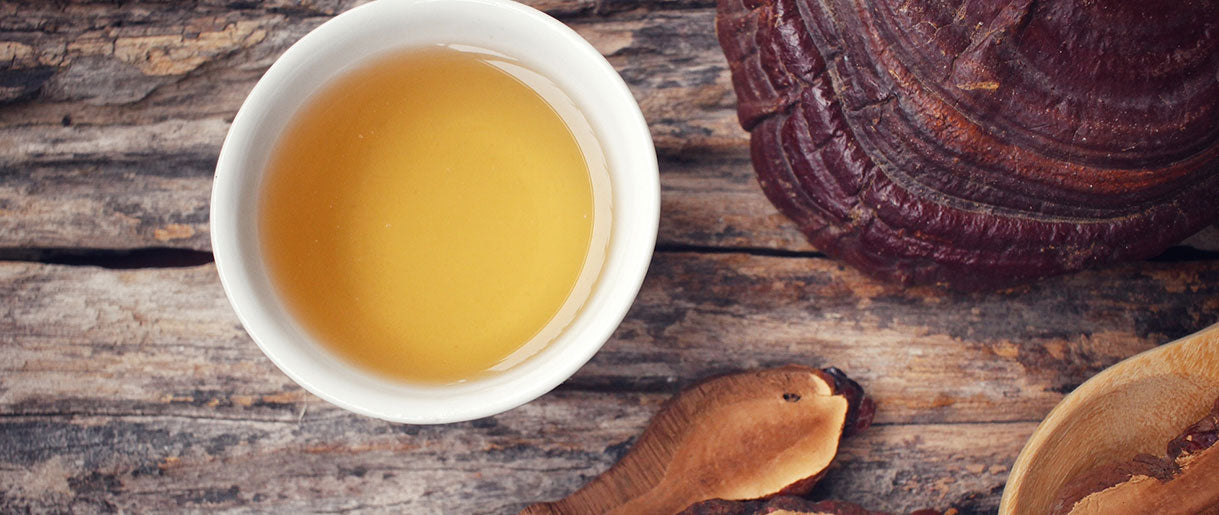

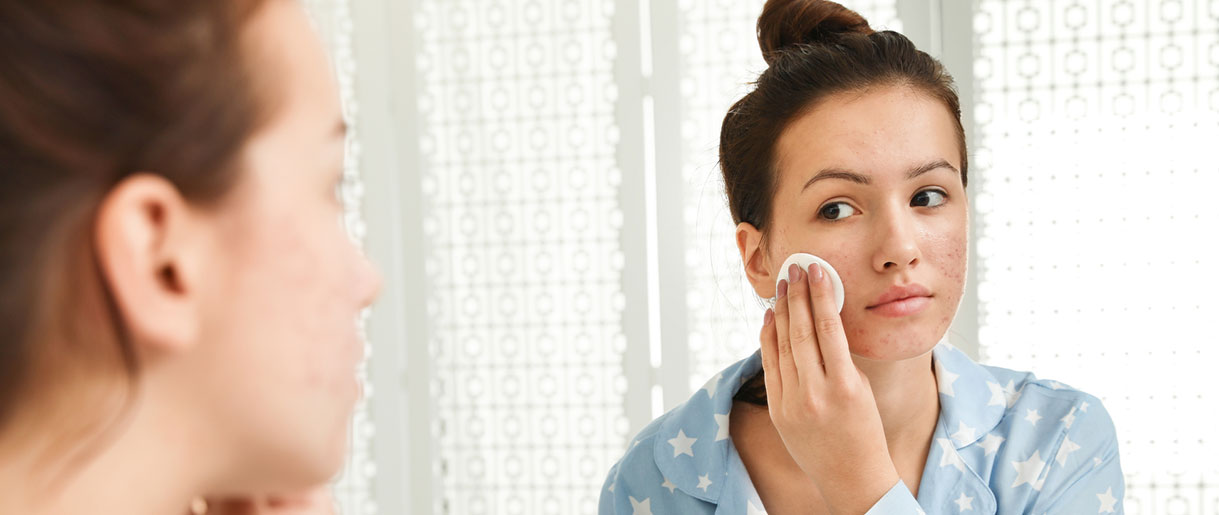
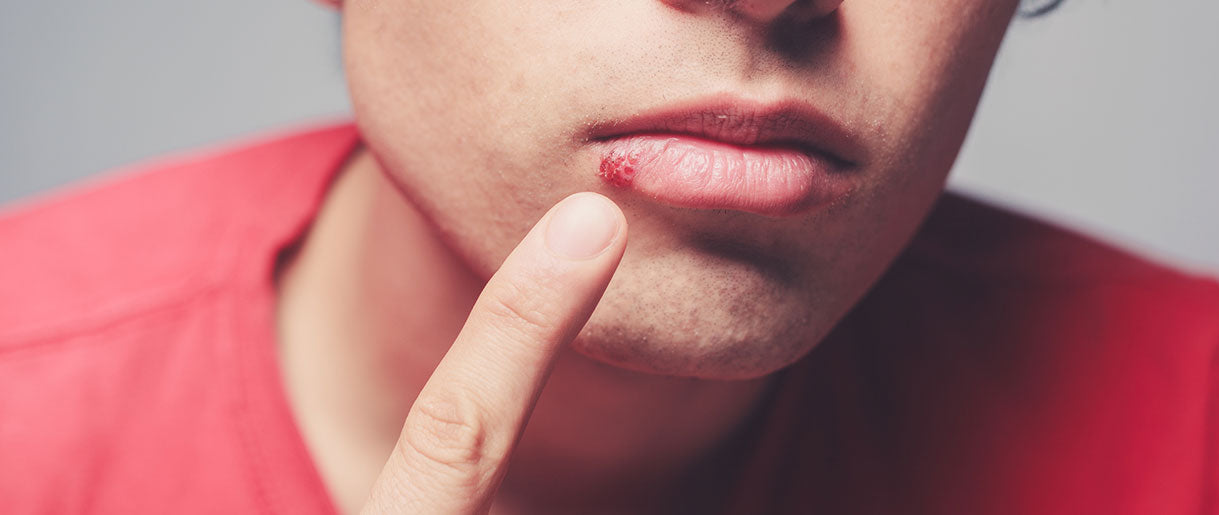
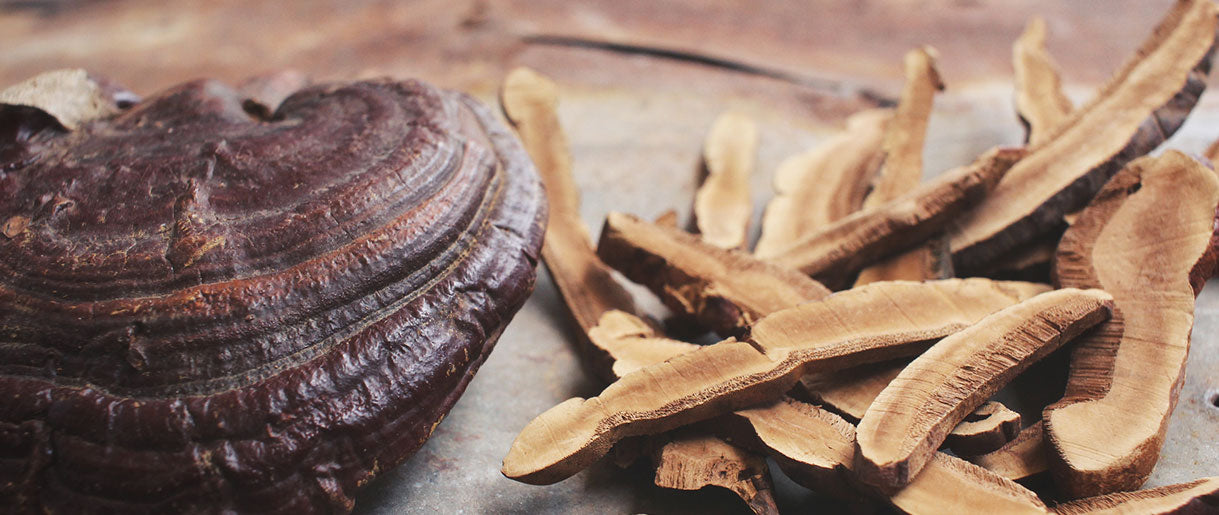
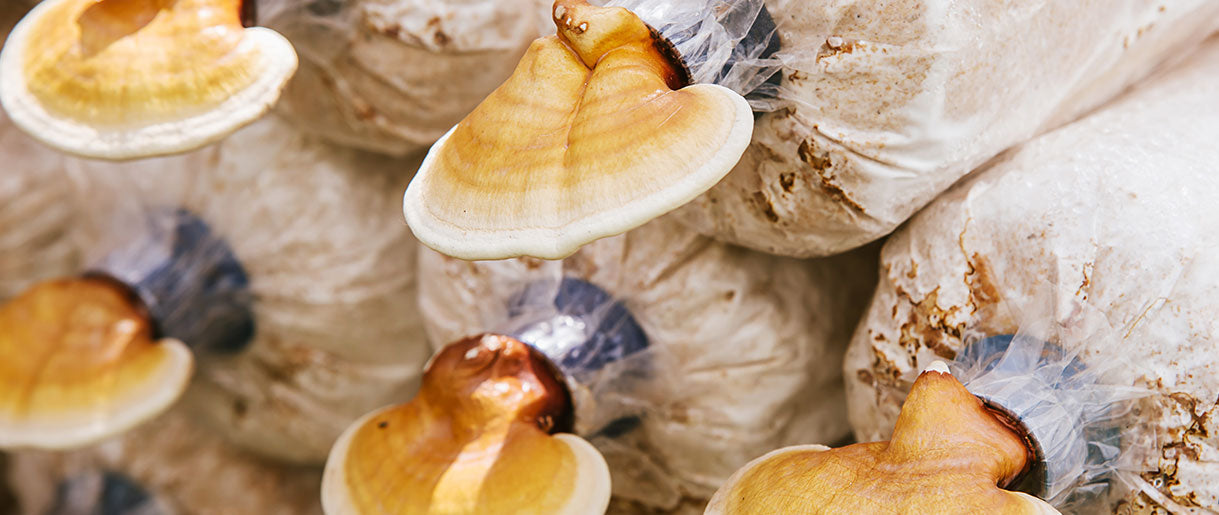
Let Us Know Your Comments